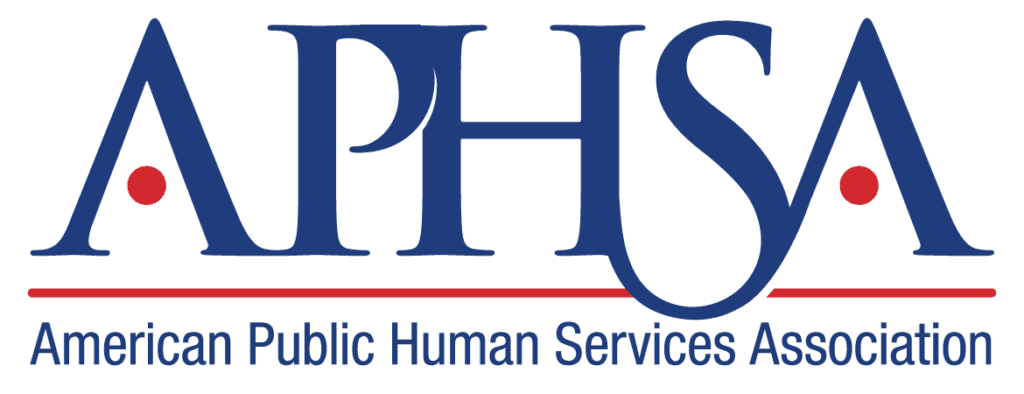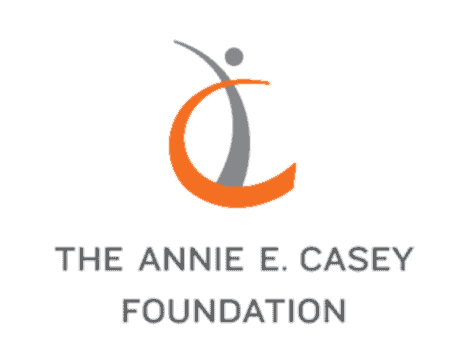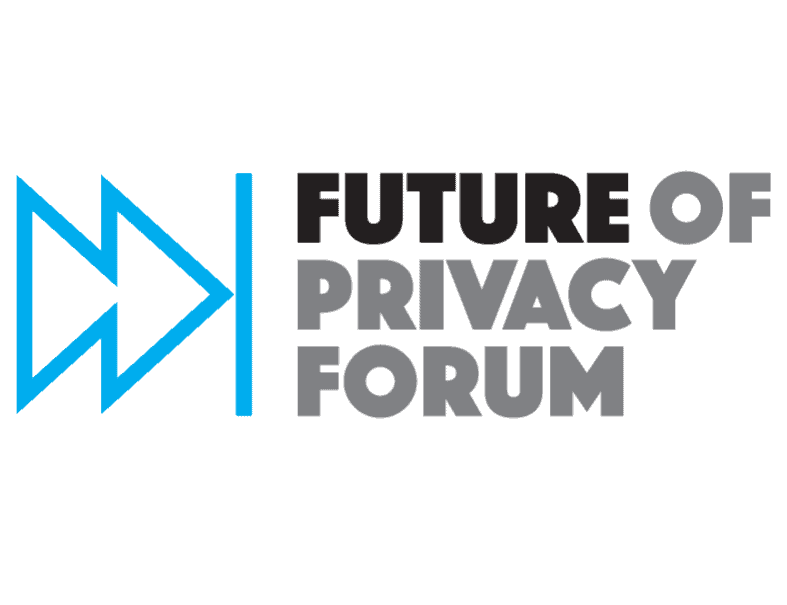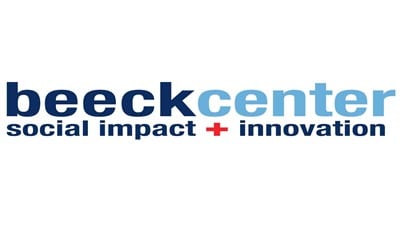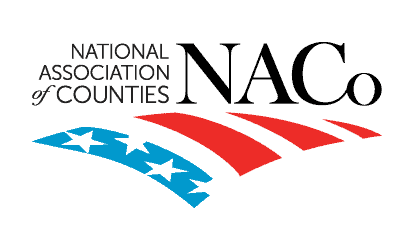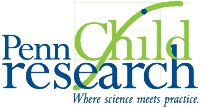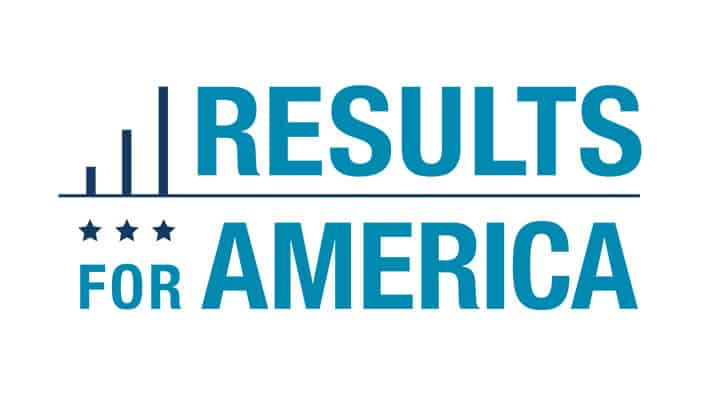At AISP, we collaborate with a diverse ecosystem of organizational partners to support and expand the field of cross-sector data sharing.
The Annie E. Casey Foundation is devoted to developing a brighter future for millions of children at risk of poor educational, economic, social and health outcomes. The Casey Foundation’s work focuses on strengthening families, building stronger communities and ensuring access to opportunity, because children need all three to succeed. They advance research and solutions to overcome the barriers to success, help communities demonstrate what works and influence decision makers to invest in strategies based on solid evidence.
Chapin Hall combines rigorous research methods to generate evidence, while providing implementation support to apply that evidence in the field. Experts work alongside community and agency partners to build more effective services and systems, accelerate the use of evidence in practice, and better serve children, youth, and families.
As part of its multi-sector data and information system focus, the Robert Wood Johnson Foundation launched Data Across Sectors for Health (DASH). Led by the Illinois Public Health Institute (IPHI) in partnership with the Michigan Public Health Institute (MPHI) and with support from the Foundation, DASH supports collaborations that seek to improve the health of their communities, promote health equity and contribute to a Culture of Health by strengthening information sharing, engaging additional sectors and building sustainable capacity.
The Bill and Melinda Gates Foundation is dedicated to improving the quality of life for individuals around the world. The Gates Foundation works to build partnerships that bring together resources, expertise, and vision—working with the best organizations around the globe to identify issues, find answers, and drive change.
The Beeck Center for Social Impact and Innovation at Georgetown University operates as an orchestrating broker across sectors, provoking grassroot and institutional leaders to think, behave, and collaborate differently toward a shared vision of prosperity for all. The Beeck Center is also home to the State Chief Data Officer (CDO) Network. The State CDO Network connects data leaders across states to improve policy and service delivery. Currently, the Network includes 25 State CDO’s from across the nation.
The International Population Data Linkage Network (IPDLN) facilitates communication between centres that specialize in data linkage and users of linked data for research. The Network is committed to the systematic application of data linkage to produce community benefit in the population and health-related domains. Over 530 delegates from 17 countries attended the 2018 IPDLN Conference held in Alberta, Canada. The IPDLN now boasts over 1,000 members.
MDRC is committed to finding solutions to some of the most difficult problems facing the nation — from reducing poverty and bolstering economic self-sufficiency to improving public education and college graduation rates. They design promising new interventions, evaluate existing programs using the highest research standards, and provide technical assistance to build better programs and deliver effective interventions at scale. MDRC works as an intermediary, bringing together public and private funders to test new policy-relevant ideas, and communicate what we learn to policymakers and practitioners — all with the goal of improving the lives of low-income individuals, families, and children.
MetroLab Network is a city/university collaborative for urban innovation launched jointly by 40 mayors and university leaders as part of the White House Smart Cities Initiative in 2015. The Network now includes 2,744 cities, 6 counties and 3,460 universities focused on civic research and innovation. Metrolab helps drive partnerships between local governments and universities, poised to help the public sector adapt to rapid technology change.
The mission of the Penn Child Research Center is to promote the educational and psychological well-being of children through the application of informed social and scientific policy. Founded in 2005 with funding from the National Institute of Child Health and Human Development and The William Penn Foundation, Penn Child Research focuses on three primary activities:
- Research to advance the comprehensive understanding of children as they learn and develop in the context of family, school, and community
- Production and analysis of high-quality evidence for the formation of effective public policies regarding children and their communities and for the advancement of fundamental scientific inquiry on children’s learning and development
- Design and validation of evidenced-based assessment and intervention on behalf of all children, especially those most vulnerable
Project Evident is a shared-services platform that offers nonprofits and funders the best available resources for data, learning, and evaluation. Project Evident promotes a new, strategic approach to evidence building that will help address the problems nonprofits, funders, and researchers face when they seek to create and run evidence-based programs.

